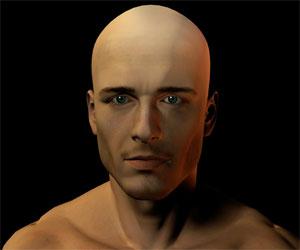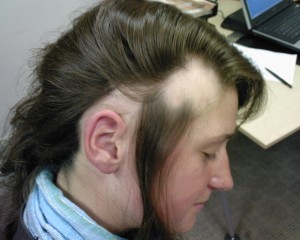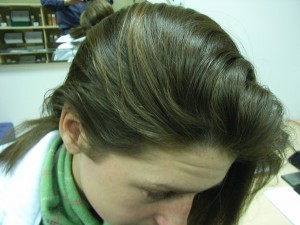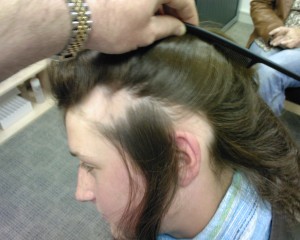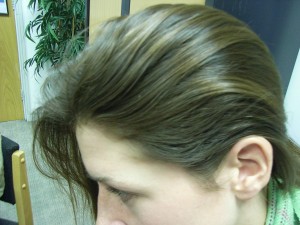Wigs
13.06.2008 in UncategorizedWigs are a common treatment choice in patients with alopecia areata. You can get some wigs on the NHS. However, this needs a referral to hospital as only a skin specialist can sanction the prescription of a wig on the NHS.
Other treatments
Various other treatments may be used or advised. These include the following:
Special light therapy or phototherapy (PUVA) has been used with some limited success. This treatment requires many light therapy sessions in a hospital out-patient department.
The immunosuppressant medicine called ciclosporin usually works well to cause hair re-growth in extensive alopecia areata. However, its use is limited by potential side-effects. Also, hair loss often recurs when the medication is stopped.
Dermatography (tattooing) can be used to simulate eyebrows that have fallen out.
Counselling is sometimes helpful for people who find it difficult to cope with hair loss.
Remember to use sun block or a hat to protect bald patches when out in the sun.
There is not enough evidence to say how effective complementary treatments are in treating alopecia areata. (For example, acupuncture, aromatherapy, etc.)
Further help and advice
Alopecia UK (online)
Web: www.alopeciaonline.org.uk.
Alopecia UK is a registered charity that supports people living with alopecia areata by providing information, support and advice. It also works to raise public awareness and understanding of alopecia areata throughout the UK and supports and funds research.
Alopecia Awareness
162 Manor View, Par, Cornwall, PL24 2EN
Tel: 01726 814 371
Web: www.alopecia-awareness.org.uk.
Provides a range of help, information and support to anyone associated with hair loss.
Do you have Hair Loss Problems, read our Hair Loss Help
no comment





